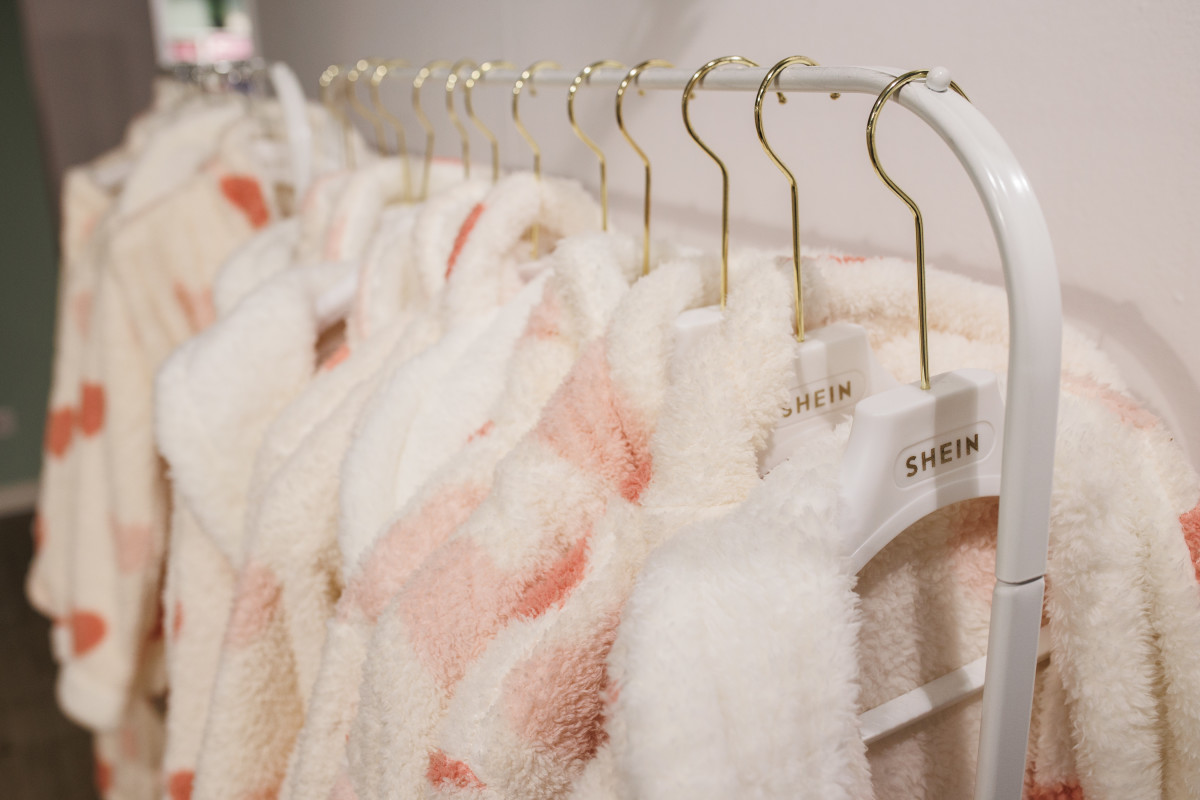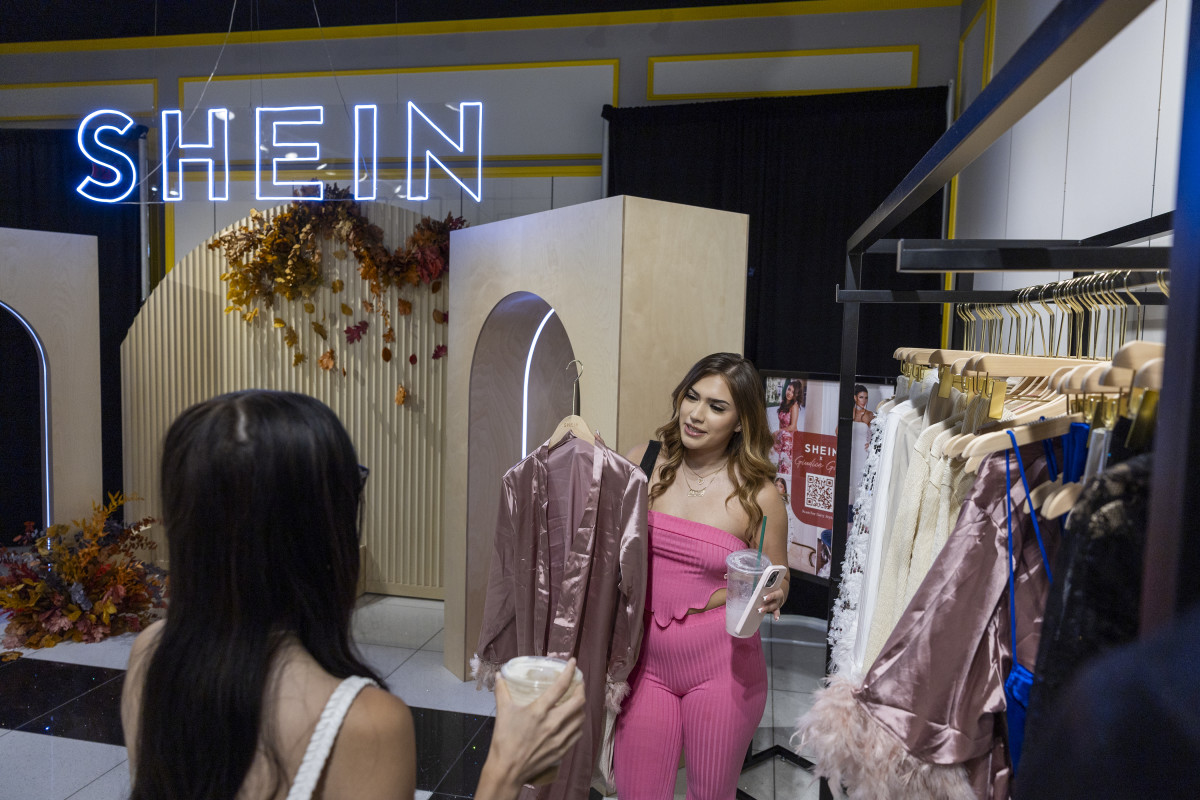
Fast-fashion retailer Shein, which is famous for its cheap women’s clothing and heavy social media presence, has allegedly broken its promise to improve working conditions for factory workers at its suppliers’ facilities. Employees of the company’s suppliers are reportedly still working 75 hours a week at low wages, according to a follow-up investigation from Public Eye.
The 2021 Shein investigation
In 2021, Public Eye did an investigation on the working conditions at the factories of Shein’s suppliers in Guangzhou, China, where it found that thousands of employees worked 12 hours a day sewing together fabrics for the fast-fashion giant. The practice violated Chinese labor law where workers are only permitted to work 40 hours maximum a week, and overtime can’t exceed 36 hours a month, according to the report. Workers are also supposed to have at least one day off a week.
Related: Popular designer handbag company sued for selling item only to ‘worthy’ customers
Workers were paid for each item of clothing they made, according to the 2021 investigation, and if the item was more complicated to construct, then the pay for that piece would be higher. The workers at the time also claimed that the wage for each item of clothing was lower than any other place they worked at, and that their jobs didn't involve a work contract or insurance benefits.
In response to the report, Shein said that it will initiate its own investigation into the Public Eye’s findings.
"We have a strict supplier Code of Conduct which includes stringent health and safety policies and is in compliance with local laws,” said Shein in a statement to BBC in November 2021. “If non-compliance is identified we will take immediate action."
Shein also went to great lengths to clean up its image after the release of Public Eye’s report and last year invited a group of well-known social media influencers to tour some of its manufacturing facilities in Guangzhou in an all-expenses-paid brand trip.
Many influencers filmed their experience touring the factories where they claimed that workers were happy and weren’t working long hours at their jobs. This sparked backlash from some of their followers who claimed that Shein only showed them what they wanted them to see, and that they were being misled.
Workers are allegedly still working 75 hours a week
Now, in Public Eye’s follow-up investigation that was released earlier this week, workers Shein’s suppliers allege that they are still working long hours that violate Chinese labor laws.
“I work every day from 8 in the morning to 10.30 at night and take one day off each month,” said one anonymous worker in the report. “I can’t afford any more days off because it costs too much.”

For the 75 hours they allegedly work per week, workers are reportedly bringing home roughly 2,400 yuan per month. The statutory minimum wage in Guangzhou is 2,300 yuan a month. The report also highlights that a living wage to cover basic family needs in China is currently 6,512 yuan, according to estimates from Asia Floor Wage Alliance.
The investigation also found fire hazards at the warehouses where workers were spotted smoking near high stacks of fabrics. Workers also claimed that they are forced to perform alterations on defective orders, unpaid.
“Whoever makes the mistake is responsible for putting it right,” said an anonymous employee in the report. “You have to fix the problem in your own working time”
Related: Decline in luxury spending has hit a major brand where it hurts
Shein eases concerns amid potential IPO
Shein quietly filed for a U.S. initial public offering last year in November with a reported valuation of around $66 billion. In a 2022 memo to investors, which was viewed by The Wall Street Journal, the company attempted to ease concerns about the conditions at its suppliers’ factories. Shein stated that it made “significant investments to improve the working conditions of our suppliers’ facilities.”
The company also said that all of its suppliers are required to comply with its code of conduct on human rights, working hours and social-welfare standards “based on International Labor Organization conventions as well as local laws and regulations.”
Shein also stated that it built an in-house team to monitor its suppliers and partnered with Intertek Group to “conduct regular and unannounced audits of supplier factories,” according to the Journal.
More Retail:
- Walgreens limits purchases of a viral candy product
- Target faces disturbing lawsuit for allegedly putting shoppers at risk
- Amazon is giving up on allowing customers this one privilege
Related: Veteran fund manager picks favorite stocks for 2024







